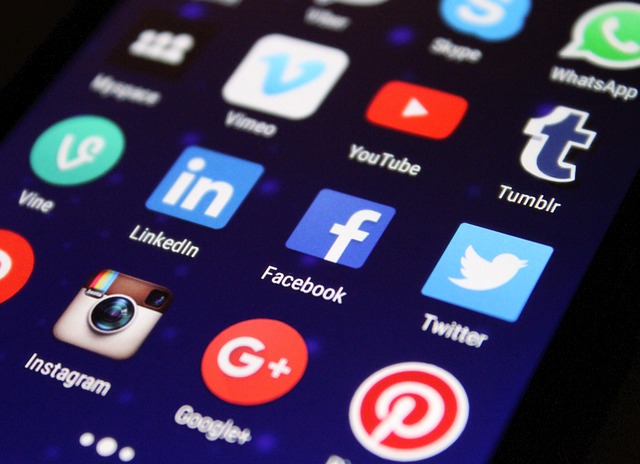In an age where our lives are intertwined with the digital world, the phenomenon of social media withdrawal is becoming increasingly prevalent. Many of us find ourselves glued to our screens, scrolling through feeds and engaging with posts, only to experience an unsettling sense of emptiness when disconnected. This addiction to the virtual realm has profound implications on our mental health and well-being, drawing attention to the far-reaching consequences of withdrawing from social media.
Social media has reshaped how we communicate, often replacing face-to-face interactions with virtual likes and comments. While it offers a platform for connection and self-expression, it can also lead to feelings of alienation and anxiety. The dopamine-induced highs we experience when receiving notifications create a cycle of dependency that can be hard to break. When we attempt to step back, we may find ourselves grappling with withdrawal symptoms akin to those of traditional addiction—restlessness, irritability, and a craving for the very validation we seek.
The impact of social media withdrawal is especially evident in our everyday interactions. Friends become distant, and conversations dwindle as reliance on digital communication deepens. In a world where followers equate to friendships, losing those connections can trigger feelings of loneliness. The absence of social media can leave a void that feels insurmountable, highlighting how deeply embedded these platforms have become in our social fabric.
Moreover, the constant barrage of curated images and success stories can skew our perceptions of reality, leading to unhealthy comparisons. When we withdraw from the social media landscape, we are suddenly confronted with our own realities, which can be both liberating and daunting. It compels us to reflect on our lives outside the digital noise, yet the sudden silence can be jarring for those conditioned to seek affirmation online.
It’s crucial to recognize the double-edged sword that social media presents. On one hand, it fosters communities and support networks, while on the other, it can perpetuate harmful ghosting of self-worth and esteem. As we navigate the complexities of social media withdrawal, it becomes imperative to seek balance. Setting boundaries, fostering genuine connections, and prioritizing mental health can help mitigate the negative impacts associated with both social media use and withdrawal.
For those venturing into withdrawal, understanding the gravity of this transition is vital. Expect discomfort as the mind adjusts to less digital stimulation. Engage in activities that stimulate your interests and passions in the real world, rediscovering the joys you might have overlooked. Writing, art, sports, or simply spending time in nature can serve as powerful antidotes to the pervasive pull of online spaces.
Ultimately, the journey of escaping the throes of social media addiction requires patience and self-compassion. Recognizing the potential of a life less dominated by screens paves the way for a healthier mindset and more fulfilling relationships. By fostering real human connections and engaging mindfully with technology, we can reclaim our time and mental space from the overwhelming grasp of social media.



